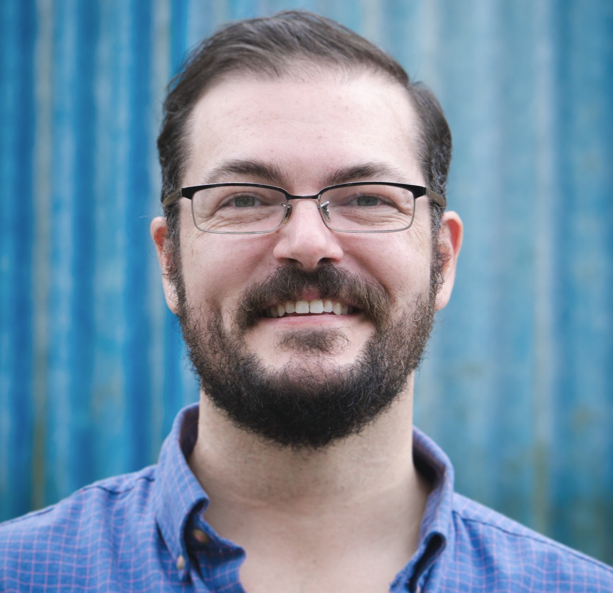ASSET Seminar: “Poison and Cure: Non-Convex Optimization Techniques for Private Synthetic Data and Reconstruction Attacks”
Amy Gutmann Hall, Room 414 3333 Chestnut Street, Philadelphia, United StatesAbstract: I will survey recent results describing the application of modern non-convex optimization methods to the problems of reconstruction attacks on private datasets (the “poison”), and the algorithmic generation of synthetic versions of private datasets that provably provide strong privacy guarantees (the “cure”). Zoom Link (if unable to attend in-person): https://upenn.zoom.us/j/97716959173

